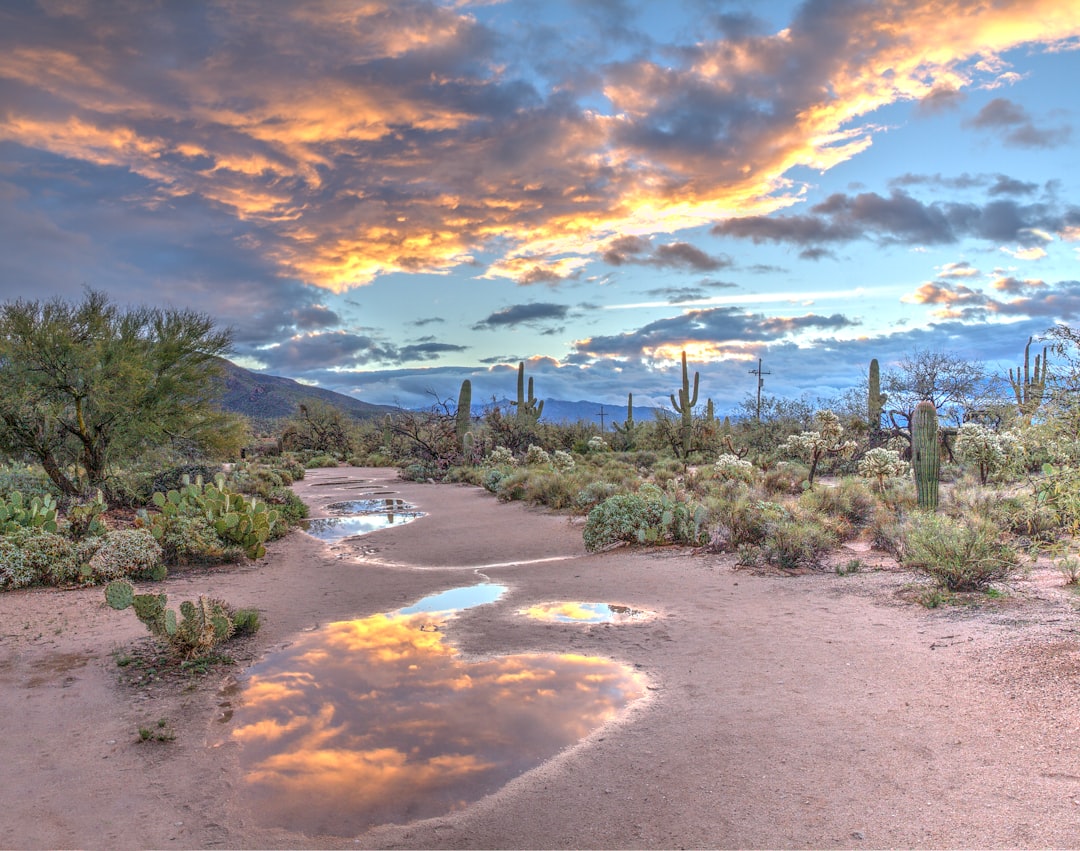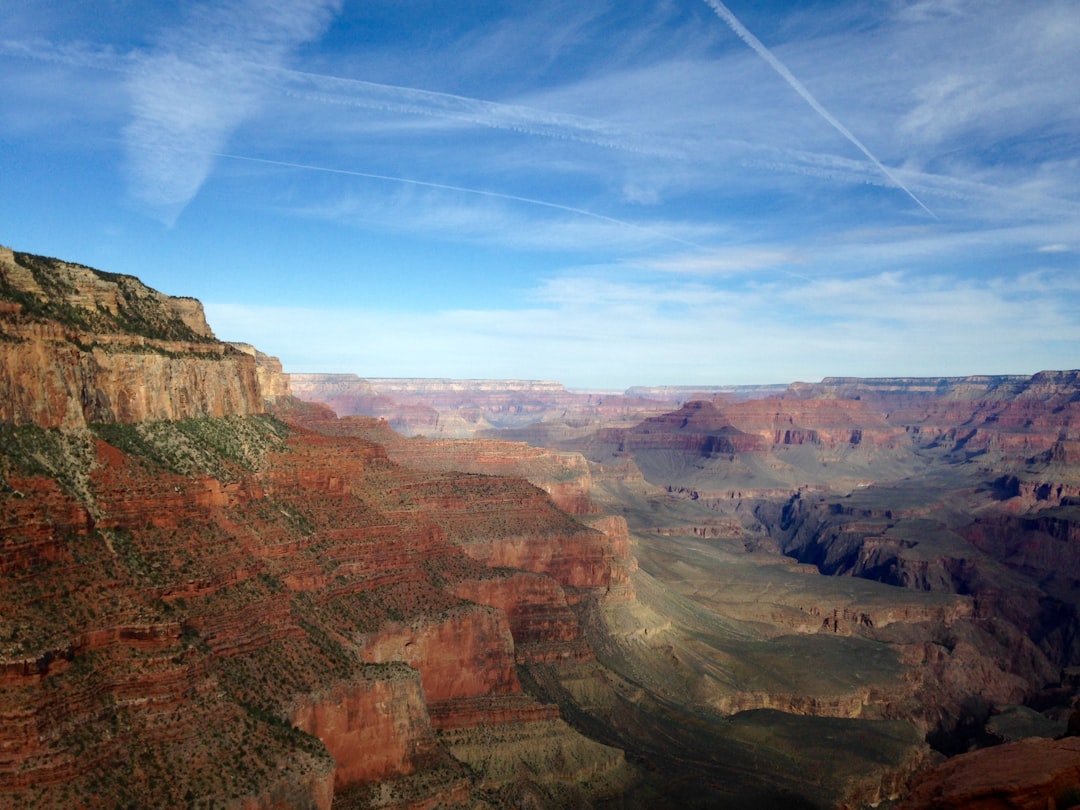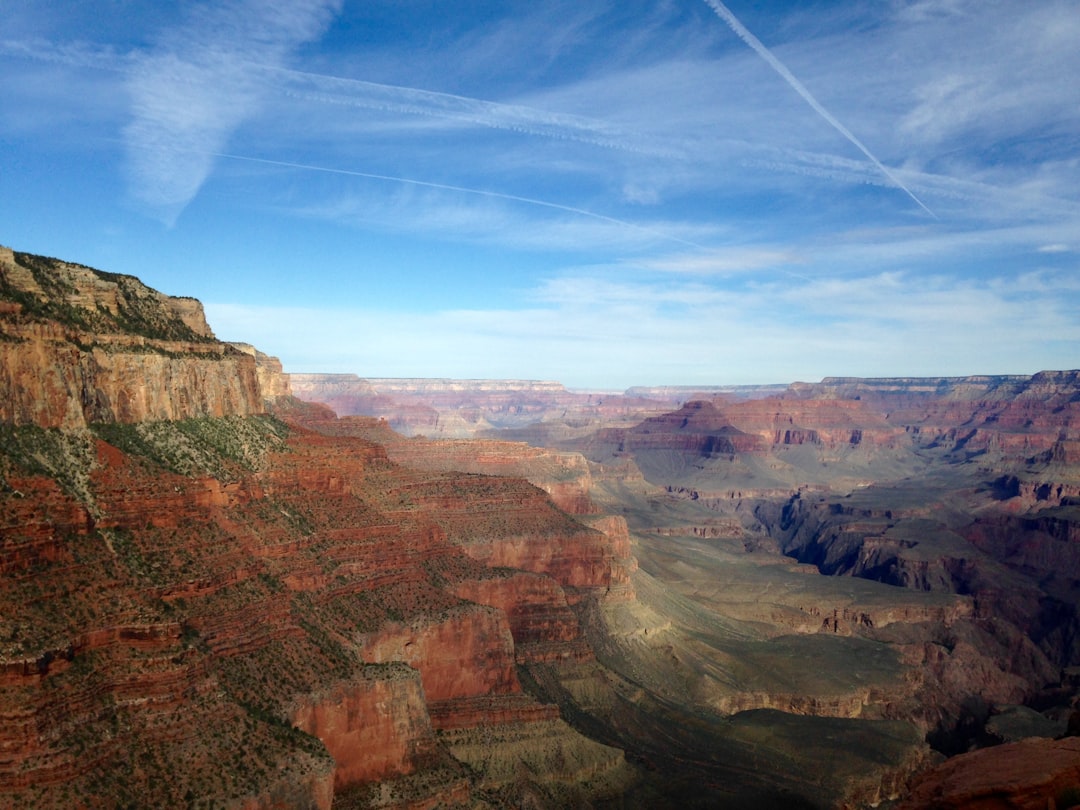Spam calls from Arizona law firms are transforming public spaces into noisy, stressful environments, disrupting social activities and potentially causing health issues. Stricter laws under ARS 44-1732 aim to protect residents' privacy and peace of mind. To combat spam in crowded areas like events and shopping centers, individuals can block unknown numbers, register with the National Do Not Call Registry, hang up promptly on suspicious calls, and report them, helping deter law firms targeting Arizona residents in public spaces.
Spam calls are a persistent problem in public spaces, causing disruptions and harassment. This article explores effective strategies to combat this issue, focusing on Arizona’s spam call laws as a key framework. We’ll delve into the negative impact of unwanted calls on crowded areas, highlighting the importance of consumer protection. By examining best practices for prevention and handling, individuals and businesses can reduce the prevalence of spam calls, ensuring safer and more enjoyable public environments, while also informing consumers about their rights through Arizona’s legal guidelines.
Understanding Spam Calls and Their Impact in Public Spaces

Spam calls, particularly from law firms in Arizona, have become a pervasive issue in public spaces, causing significant disturbances and impacting individuals’ daily lives. These unwanted phone solicitations not only invade personal time but also create an unsettling environment, especially in crowded areas. The sheer volume of spam calls can be overwhelming, leading to increased stress and potential health issues for recipients.
In public settings, where people gather to socialize, work, or relax, the constant barrage of automated messages from law firms and other businesses is disruptive. It distracts individuals from their activities, creates a sense of unease, and may even discourage people from enjoying these spaces. Understanding the impact of spam calls is crucial in recognizing the need for effective strategies to combat this modern-day nuisance, ensuring that public areas remain welcoming and peaceful for all visitors.
Legal Frameworks and Regulations: The Role of Arizona's Spam Call Laws

In the United States, including Arizona, the fight against spam calls has been strengthened by legal frameworks designed to protect consumers from unwanted phone marketing. Arizona’s spam call laws are part of a broader effort to curb excessive and nuisance calls, ensuring residents’ peace of mind in public spaces and beyond. These regulations are vital in maintaining a harmonious balance between businesses’ promotional activities and individuals’ right to privacy.
The Arizona Revised Statutes (ARS) section 44-1732 specifically addresses the issue of telemarketing and spam calls. It outlines strict guidelines for call centers and marketers, prohibiting excessive or unwanted phone calls. The law firm specializing in spam call law in Arizona plays a crucial role in interpreting and enforcing these regulations, providing legal recourse to aggrieved individuals and promoting compliance among businesses to create a spam-free environment for all citizens.
Best Practices to Prevent and Handle Spam Calls in Crowded Areas

In crowded areas, such as public events or shopping centers, avoiding spam calls can be even more challenging due to the increased use of phone networks. To combat this, it’s essential for individuals to stay informed about current spam call laws in Arizona, which are designed to protect residents from unsolicited and disruptive calls. One effective practice is to adjust your caller ID settings to block unknown numbers, a simple yet powerful tool against spam callers.
Additionally, consider registering with the National Do Not Call Registry. While this primarily targets telemarketers, it can also reduce the likelihood of receiving spam calls. In crowded spaces, staying vigilant is key; if you recognize a suspicious call, hang up immediately and report it to your service provider or local authorities. This collective action can help deter spam call law firms from targeting Arizona residents in public areas.






